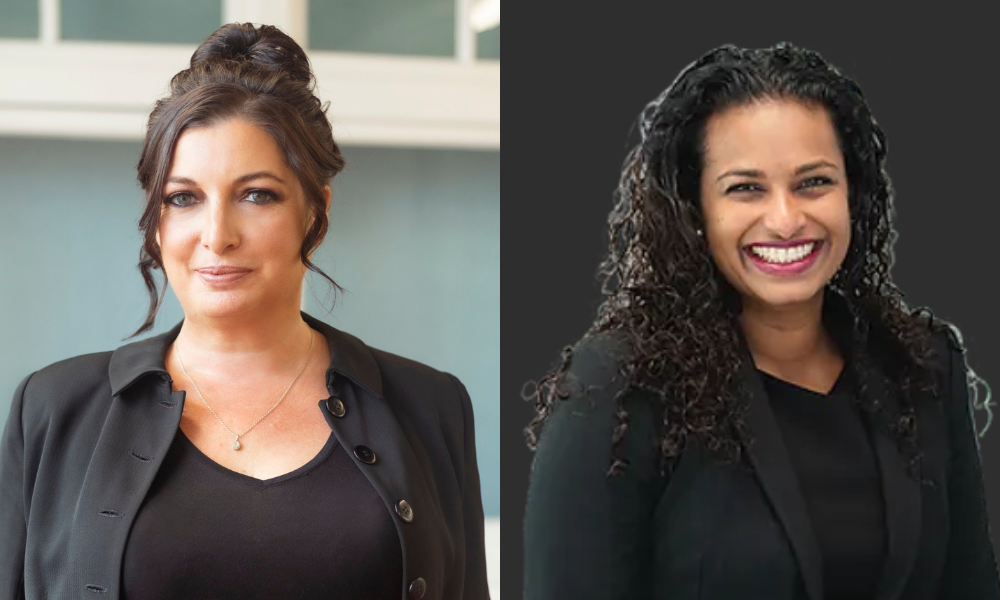The new president says she intends to “shake up” the organisation

The Birmingham Law Society in the UK has welcomed its first Black president.
The Law Society Gazette reported that Harrison Clark Rickerbys partner Inez Brown was sworn in on Tuesday afternoon, making her the first Black woman to assume the role in more than two centuries. Her term, she said, will “shake up” the organisation through projects focusing on flexible work arrangements, technology and social diversity.
Some of the initiatives Brown intends to implement include a scholarship scheme in collaboration with the University of Wolverhampton and the University of Law. Through the scheme, two students with disadvantaged backgrounds can be accorded legal scholarships. Moreover, she plans to set up a lawtech conference in Birmingham, and call for greater research into remote working arrangements.
Latest News
Brown also intends to champion greater equality in the profession. In a statement to the Gazette, she said that there “definitely is a race problem in law firms,” citing the ceiling experienced by Black solicitors.
“You find that Black students will only be able to get training contracts at high street practices that offer housing, family, criminal or immigration [law],” she said. “You also find that even if firms do take on Black solicitors they will reach maybe associate level—some do reach partnership level—but they are not going to be equity partners. There’s a disparity in the progress they make within those law firms.”
Brown pointed to compensation being another sign of the inequality faced by Black lawyers. Nonetheless, she said that firms are also beginning to take a more active role in determining the reasons why Black solicitors are shying away.
“Although the profession is not where it could be, I can see [solicitors] are starting the conversation,” she said.
Brown also advises firms to be cautious with implementing cost-cutting measures as the impact of COVID-19 continues to cripple the economy.
“Firms need to be careful they don’t make their high skilled solicitors redundant because when things improve in 6 months’ or 12 months’ time and the economy is doing much better, they are going to need to start recruiting—and the very skilled people they have made redundant will have gone elsewhere,” she said.






